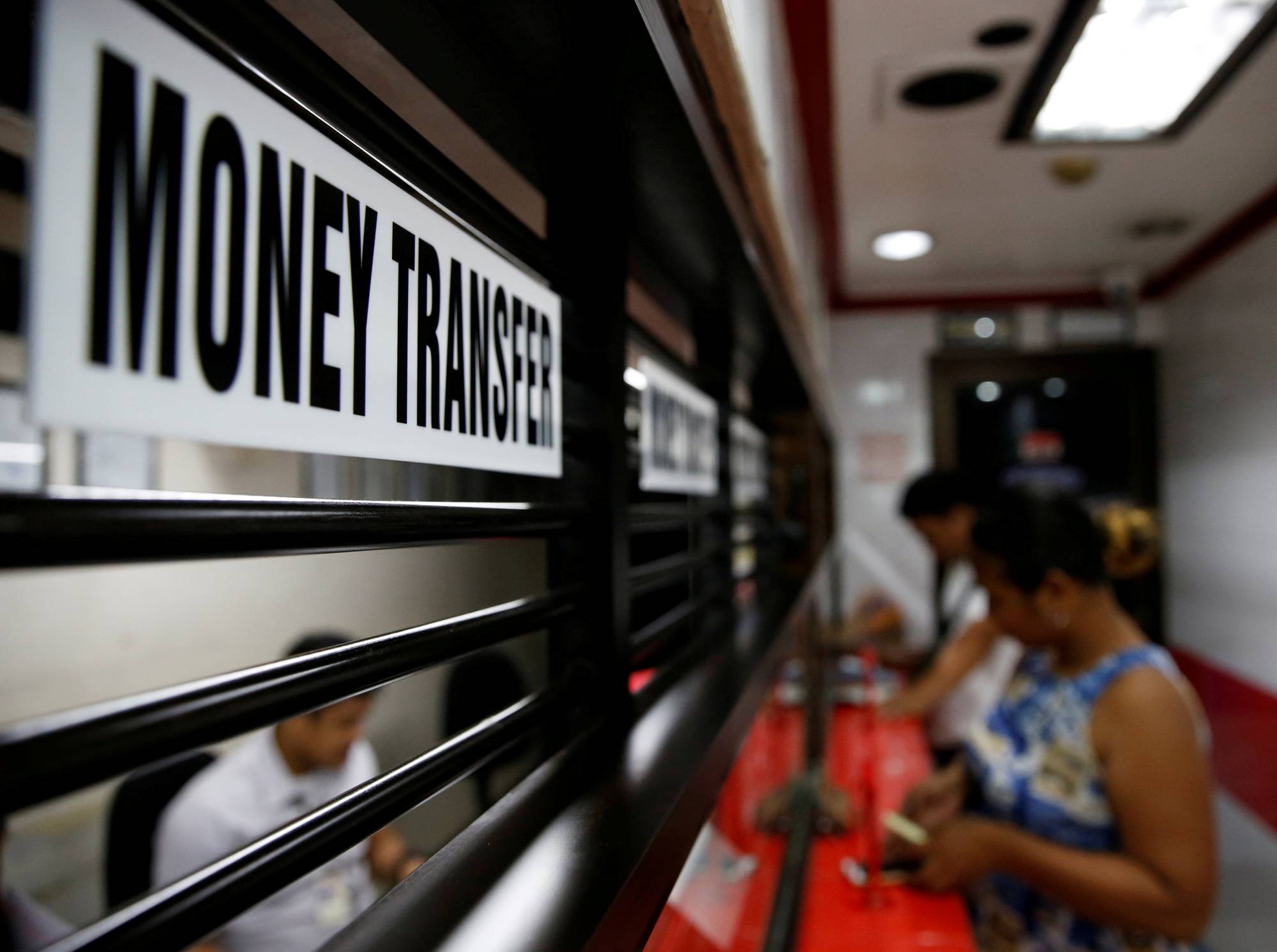Carlos Sosa, a Salvadoran waiter in New York, used to send up to $500 a month back home to his mother to help pay for her medical bills and food. But now, after the coronavirus hit and he lost his job in early March, Sosa has burned through his savings and the wire transfers have stopped.
The 42-year old says he is struggling to pay for even his own rent and is concerned for his mother. "It’s been a very tough situation,” said Sosa, who is in the middle of processing his U.S. residency papers. "The economic part is the most traumatic of all this."
Lockdowns imposed by wealthy nations to slow the spread of the novel coronavirus, and the jolt those restrictions have delivered to their economies, are severing a vital lifeline for many often vulnerable people around the world: the billions of dollars in remittances sent home by relatives working abroad.



















With your current subscription plan you can comment on stories. However, before writing your first comment, please create a display name in the Profile section of your subscriber account page.